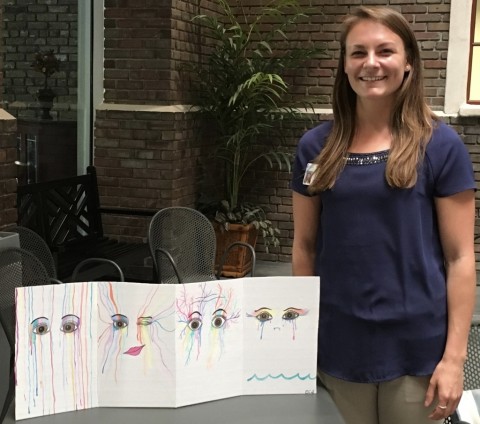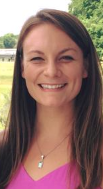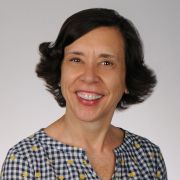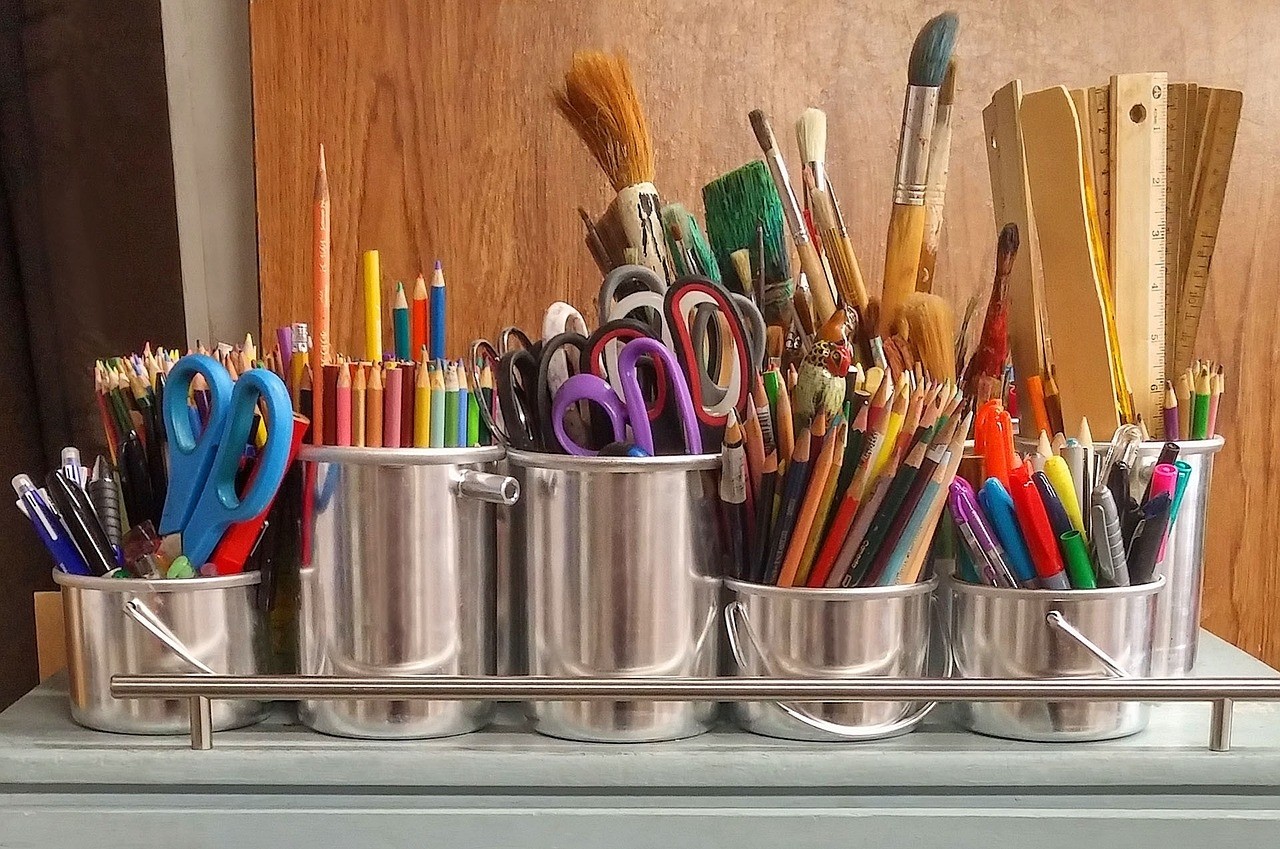On face-value, the Humanities and healthcare education are at opposite poles. The Humanities give voice to human beings’ imagination and emotions, and in turn give us space for for self-reflection and self-care. In contrast, healthcare education classically values cognitive and psychomotor learning. In spite of this opposition, as is often the case, opposites do attract.
Because of my love for the Humanities and service to children with medical complexity as well as my responsibility to my students’ learning, I embedded a Humanities curriculum into student instruction in hopes of promoting humanistic care and well being for children with medical complexity.
Children with medical complexity display multiple and life-threatening impairments. Because of these impairments and their substantial medical needs, students and trainees in healthcare education are often overwhelmed when caring for these children. The majority of students or trainees focus on medical assessments and interventions to alleviate impairments, unintentionally forgetting these are children who need to play, develop friendships, and belong to a community.
As a means to enhance students’ understanding of and comfort with children with medical complexity, my project embedded 6 graduate students with children having medical complexity in community-based programs for 35 hours over a week. I hypothesized that by creating these one-to-one experiences for the students and children, student understanding, comfort, compassion and humanism for children with medical complexity would improve and would in turn enhance childhood opportunities, experiences and ultimately quality of life. Students were required to complete self-reflective Humanities projects following the weeklong experiential learning activity to both enhance the experience and provide a measure of its outcomes. As a celebratory ending to this project, faculty, students, and community partners organized, gathered, and shared projects during a small, informal, evening art show.
Ellen Schafer, a physical therapy student at the Medical University of South Carolina, participated in this experiential learning opportunity and shared her week and skills with 2-year-old Lolo. Lolo demonstrated developmental delays and could not yet speak. By the end of the week, not only did Ellen note that Lolo’s motor skills had increased, but her ability to more fully participate and interact with peers had improved. As the week progressed, Ellen recognized that Lolo had an effective and clear method of communicating using facial expressions, particularly with her eyes.
Ellen’s Humanities project was a painting denoting Lolo’s ability to communicate.

Ellen’s painting signifies (frames from left to right):
· Frame 1: Lolo’s calm eye. Before she begins physical therapy for the day, Lolo’s calm and collected gaze indicates that she is quietly observing other children in her natural surrounding.
· Frame 2: Lolo’s wink. Ellen states, “If I wink, then Lolo winks. This process making me smile again and again causing my eyes to narrow and she soon assumes I’m constantly winking, leading to wink after wink after wink.”
· Frame 3: Lolo’s wheels turning. She is uncertain of crawling and standing and wonders whether practicing new motor skills is scary or actually kind of fun.
· Frame 4: Lolo’s tears. Overwhelmed by the activities of physical therapy, Lolo sometimes cries; however, after just 1 week Lolo is closer to crawling on her own and when that happens the world will be in for a new dash of color and personality.
Children with medical complexity, student healthcare education, and the Humanities are a good collaboration! Children with medical complexity win, student learning wins, the Humanities win, and the Harvard Macy Program for Educators and Gold Foundation get much of the credit. Because of positive course feedback and the Humanities projects’ results, this educational opportunity will again be offered to our students. Hopes to improve this instructional project include expanding the number and disciplines of students participating as well as identifying additional community partners. Developing a relationship with an established art gallery or museum to more effectively showcase students’ work and promote awareness of children with medical complexity is also an aim. Thoughts, suggestions and collaborations involving this or similar educational projects are welcome!
Like MUSC College of Health Professions on Facebook:
https://www.facebook.com/muschealthprofessions/
Learn more about MUSC College of Health Professions
http://academicdepartments.musc.edu/chp/pt/

Ellen Schafer is a third-year Doctor of Physical Therapy student at the Medical University of South Carolina. She is a former graduate of Emory University with bachelor's degrees in Biology and Anthropology. In the future she aspires to practice physical therapy with the neurologic and pediatric populations while also pursuing an interest in promoting mobility through aquatic therapy.
Cynthia Dodds

Cindy Dodds is an assistant professor at the Medical University of South Carolina, responsible for pediatric content within the Doctorate of Physical Therapy curriculum. Her clinical work and research focuses on sensory-based interventions, movement opportunities, quality of life, participation in society, and assessment of children with severe and complex disability. She was a 2015 Gold Foundation Humanism and Harvard Macy Scholar.

